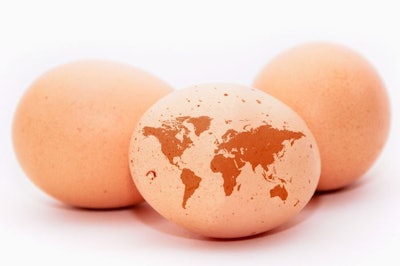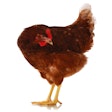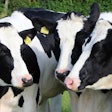
While Rabobank is optimistic regarding the health of the poultry industry in 2023, the Netherlands-based bank expects the challenges of 2022 to carry into the new year like highly pathogenic avian influenza (HPAI), economic volatility, geopolitical concerns and, of course, COVID-19.
“To manage these challenges, producers will need to focus on the operational side in 2023,” according to Rabobank’s 2023 global market outlook report. “Leading in terms of efficiency, procurement, feed formulation, biosecurity and flexibility could make a difference under price-driven market conditions in the coming year.”
1. Avian flu
We can’t talk about the health of the poultry industry without addressing the global outbreaks of HPAI. Outbreaks have reduced flock sizes and disrupted supply chains, ultimately leading to product cost inflation.
With cases in South America becoming more common, there are also increasing concerns about the outbreak spreading to Brazil – home to the largest broiler producer in the world – which would cause major disruptions to the global poultry market.
The rise of cases, however, has encouraged producers to invest in increased biosecurity and the use of vaccines.
2. Economic volatility
Every topic on this list and more has had a hand in global inflation that has affected everything from supply costs like feed, energy and labor to the grocery store aisle. Due to this, Rabobank expects consumers in 2023 to lean towards purchasing chicken and eggs as cheaper protein options.
The end of 2022 has also seen a unique economic incident with crypto currency crashing and the unfolding FTX scandal.
3. Geopolitical concerns
The greatest geopolitical concern on everyone’s mind is the Russian invasion of Ukraine which has not only impacted the feed and grain industry but energy as well. Europe relies heavily on Russia for its energy which has been jeopardized by the war and the subsequent sanctions on Russia.
4. COVID-19
Rabobank expects higher demand from the market and foodservice as more COVID-19 restrictions are lifted, especially in China after historic protests prompted the government to end its zero-COVID policy.


















